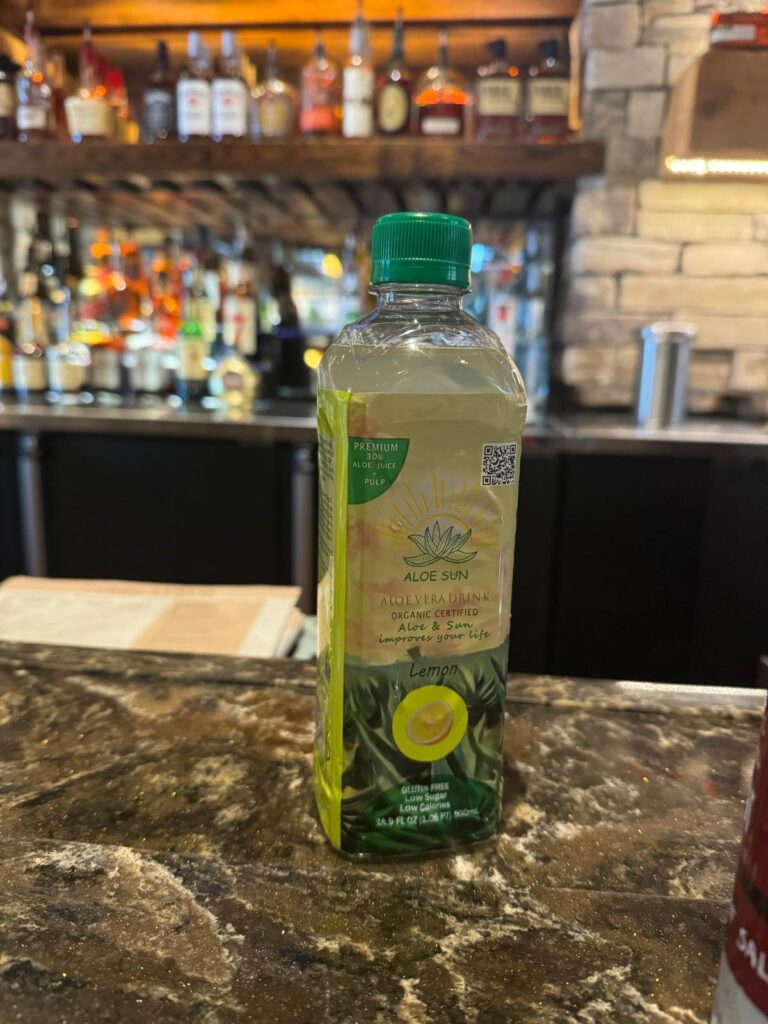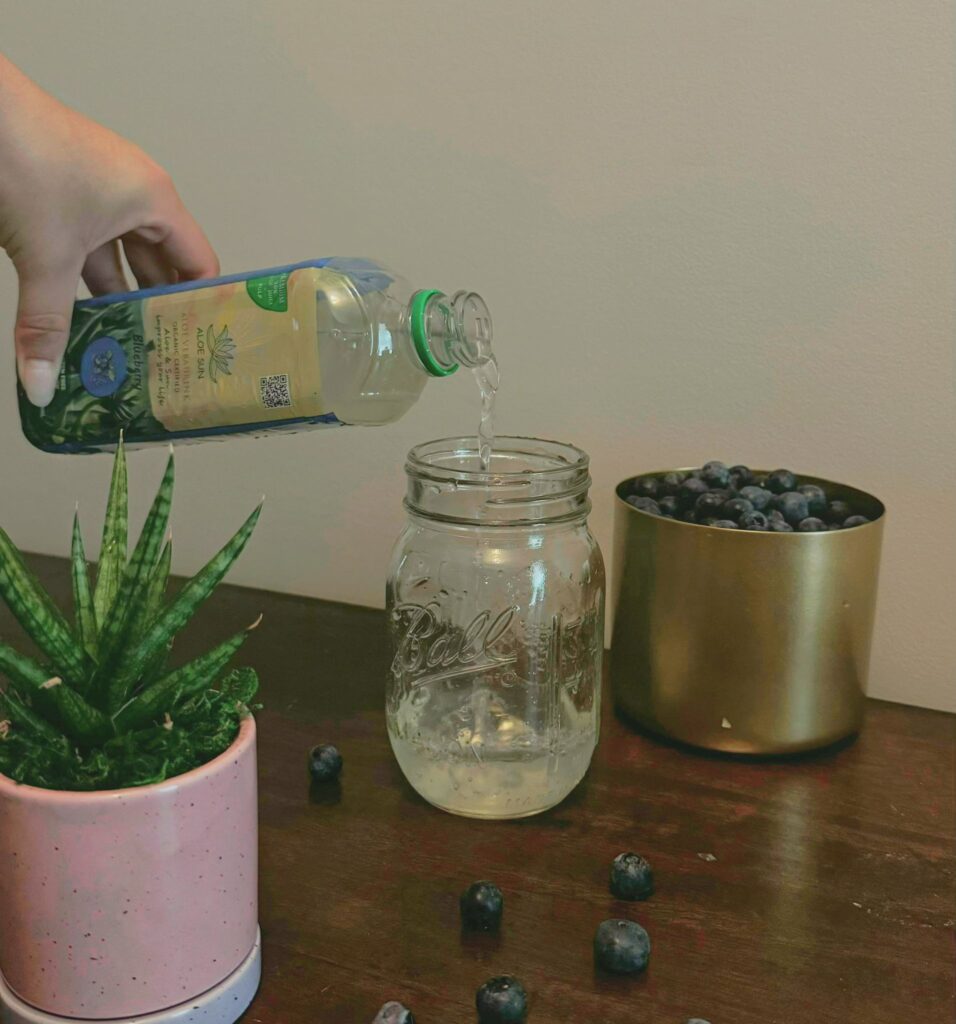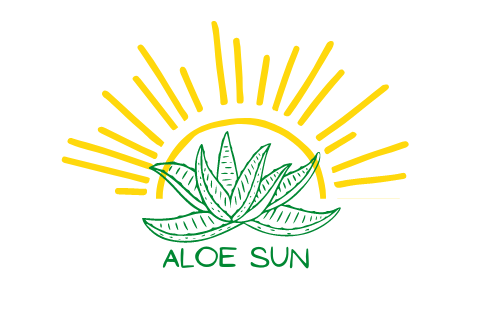The Rise of Health Consciousness Among Millennials
Understanding Millennial Consumers.
In recent years, there has been a notable increase in health consciousness among millennial consumers, a demographic characterized by their awareness of wellness trends and active lifestyles.
Millennials are more likely than previous generations to prioritize health, often seeking products that align with their well-being goals. This shift in perspective has resulted in a burgeoning demand for certified organic products, particularly beverages that are perceived as health-promoting, such as aloe vera drinks.

The preference for organic products stems from millennials’ desire for transparency in sourcing and ingredients. This generation is keenly aware of the implications of food choices on their health and the environment. They actively seek products with a clean label, emphasizing natural ingredients devoid of artificial additives.
Aloe vera drinks, renowned for their health benefits including improved digestion, enhanced skin health, and superior hydration, have quickly gained traction among this health-conscious cohort. This beverage not only offers nutritional benefits but also aligns with millennials’ ethical considerations regarding sustainable and responsible consumption.
Moreover, the influence of social media cannot be overlooked in shaping millennial purchasing decisions. Platforms such as Instagram and TikTok serve as spaces for health and wellness influencers to promote organic products, thereby reaching a vast audience.
Engaging content showcasing the benefits of aloe vera drinks and holistic health practices reinforces the appeal of these products. As millennials navigate health trends, they are often motivated by peer recommendations and online authenticity, leading them to make informed choices regarding their beverage selections.
This convergence of health consciousness, organic preferences, and social media influence distinctly defines the millennial consumer landscape, driving the popularity of certified organic aloe vera drinks in the marketplace. As this trend continues to evolve, it may further shape the direction of future food and beverage offerings.
Sustainability and Ethical Consumerism
Millennial consumers are becoming increasingly aware of the implications of their purchasing choices, often prioritizing brands that reflect their values centered around sustainability and ethical consumerism.

This demographic typically seeks products that not only meet their personal health standards but also contribute positively to the environment. Certified organic aloe vera drinks have emerged as a popular choice, appealing to millennials due to their perceived health benefits and environmentally friendly nature.
The organic certification process is a crucial factor influencing millennials’ purchasing decisions. When a product is labeled as certified organic, it signifies that it has been produced without synthetic fertilizers or pesticides, thereby minimizing the adverse environmental impact.
Millennials, who are especially concerned about the preservation of the ecosystem, tend to gravitate toward products that are sustainably sourced and ethically produced. This connection between personal health and planetary well-being enhances the allure of certified organic aloe vera drinks.
Moreover, brands that effectively communicate their sustainability efforts stand to gain a competitive edge in capturing millennial interest. Transparency in sourcing, production methods, and labor practices resonates well with this consumer group.
They are more inclined to support businesses that demonstrate a commitment to ethical practices and social responsibility. As climate change and environmental crises continue to dominate global conversations, millennials are motivated to align their purchases with their ethical beliefs, often opting for products that contribute to a sustainable future.
As a result, companies offering certified organic aloe vera drinks should emphasize their sustainability initiatives in their marketing strategies. Highlighting the organic certification, ethical production standards, and positive environmental impacts can significantly influence the purchasing behavior of millennial consumers.
By appealing to their desire for healthier, environmentally friendly options, brands can establish lasting connections with this influential demographic.
The Influence of Social Media and Brand Engagement
In recent years, social media has emerged as a critical platform influencing millennial consumers’ preferences, particularly in the wellness and beverage sectors.
The surge of platforms such as Instagram and TikTok has revolutionized how brands engage with potential customers, allowing them to create visual and interactive content that resonates with this tech-savvy generation.
Certified organic aloe vera drinks have significantly benefited from this shift, as millennials are increasingly seeking products that align with their health-conscious lifestyles.
Wellness influencers play a vital role within this ecosystem. They often showcase certified organic aloe vera drinks through relatable content, which invites users into an organic lifestyle narrative.
For instance, posts featuring these beverages often include colorful visual elements, recipe ideas, or wellness tips that encourage followers to explore these products. Such engagement not only promotes the drink but also fosters a sense of community among health enthusiasts, driving interest and sales through authentic connections.
Moreover, companies that actively engage with their audience tend to flourish in this competitive market. Successful brands employing social media marketing strategies often showcase user-generated content, host interactive campaigns, or run giveaways that keep followers engaged.
A notable example is a campaign by a popular certified organic aloe vera drink brand that invited customers to share their health journeys online, significantly boosting brand visibility and trust. The campaign’s success illustrated how active participation can enhance brand loyalty, reinforcing the significance of engagement in solidifying consumer relationships.
As brands continue to harness the power of social media, they must consistently adapt their strategies to meet the evolving preferences of millennial consumers. By doing so, they not only enhance their visibility but also tap into the growing demand for certified organic aloe vera drinks, ultimately shaping the future of the organic beverage market.
The Role of Taste and Product Innovation
In recent years, the beverage industry has experienced a substantial shift in consumer preferences, particularly among millennial consumers who prioritize not only health but also taste and product innovation.
Certified organic aloe vera drinks have emerged as popular choices within this demographic, as these beverages seamlessly blend health benefits with enticing flavors. The allure of these drinks goes beyond their nutritional advantages; millennials are drawn to unique flavor combinations and innovative product offerings that set them apart from traditional beverages.
Modern consumers are increasingly adventurous, seeking new taste experiences that excite their palates. This trend has prompted beverage brands to experiment by incorporating exotic fruits, herbs, and functional ingredients into their certified organic aloe vera drinks.

By capitalizing on consumer curiosity, brands can engage millennials through vibrant flavors like mango-lime, berry blends, or even savory varieties infused with herbs. Such innovations not only address the health-conscious desires of millennials but also satisfy their craving for novelty in their beverage choices.
Additionally, functional ingredients that complement the health benefits of aloe vera are becoming increasingly popular. As millennials become more knowledgeable about nutrition, they are looking for drinks that provide added value, such as enhanced hydration, vitamins, or natural energy boosts.
This positions certified organic aloe vera drinks as a versatile option that can cater to varying consumer preferences, thereby expanding their appeal. Brands that successfully integrate these elements into their offerings can enhance their market presence and resonate with the millennial consumer base.
Moreover, convenience plays a crucial role in attracting today’s busy millennials. Innovative packaging designs that prioritize portability and accessibility can significantly influence purchasing decisions.
By introducing convenient formats, such as ready-to-drink bottles or pouches, brands can ensure that taste, innovation, and practicality come together to meet consumer demand. In essence, brands striving for success in the organic beverage sector must balance taste with health and product innovation, thereby capturing and retaining the attention of the millennial market.
